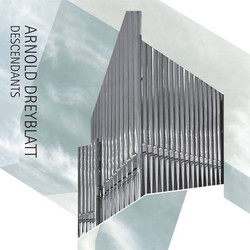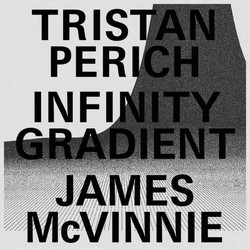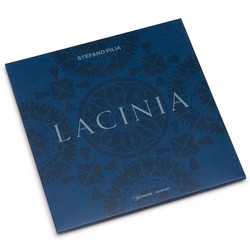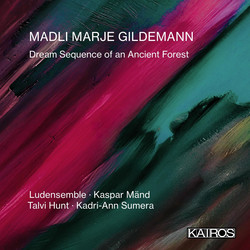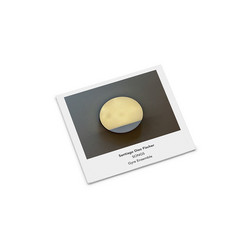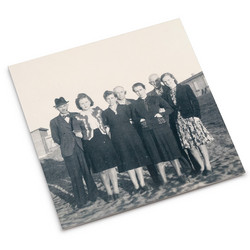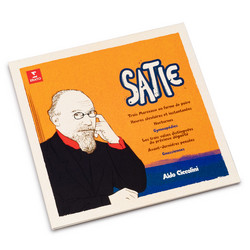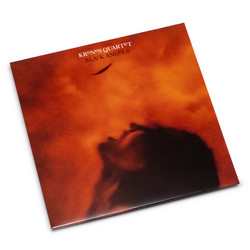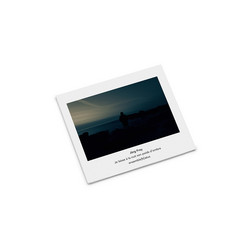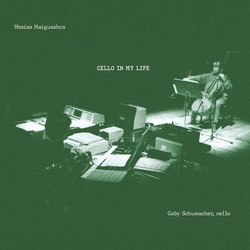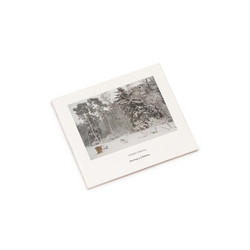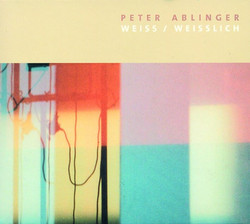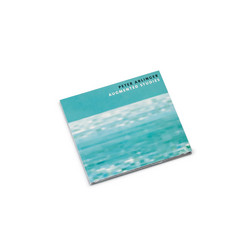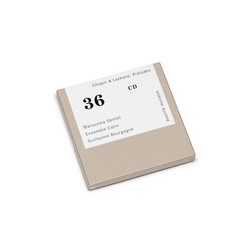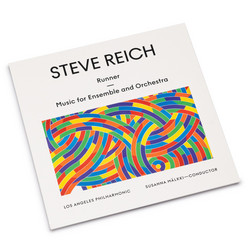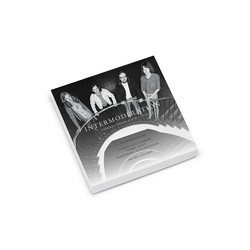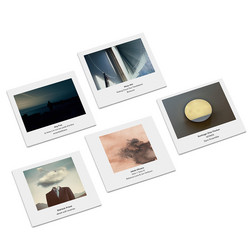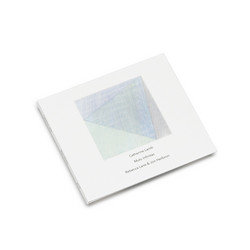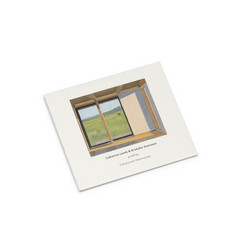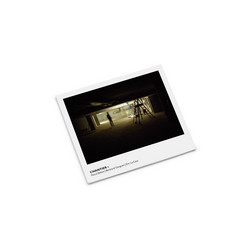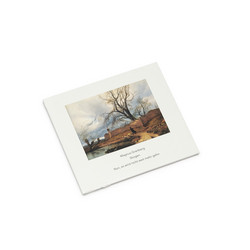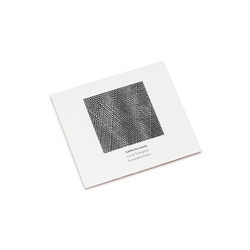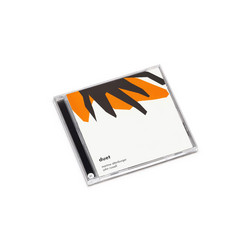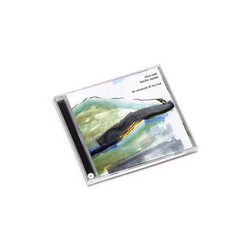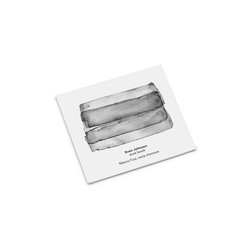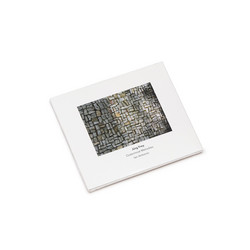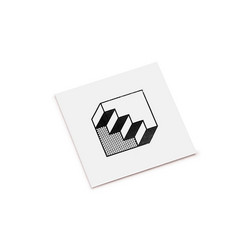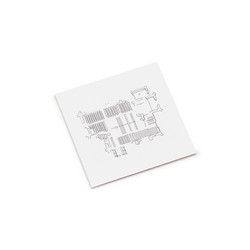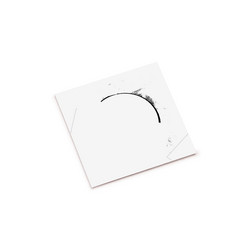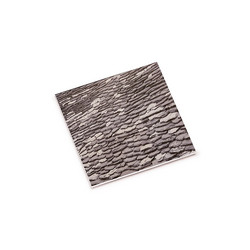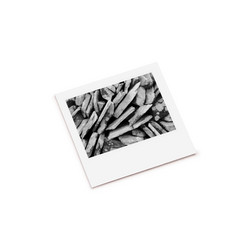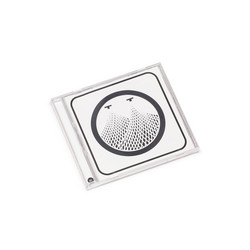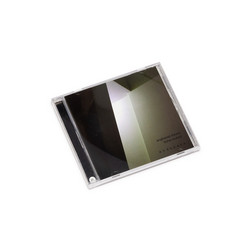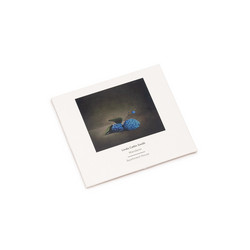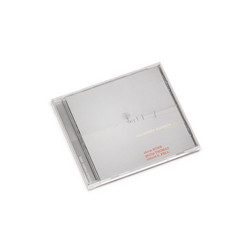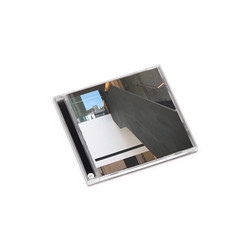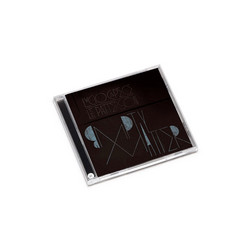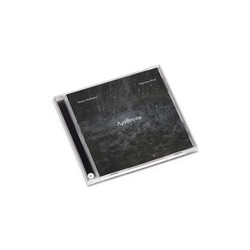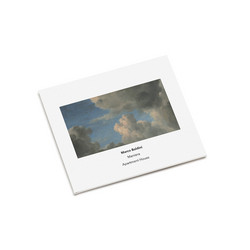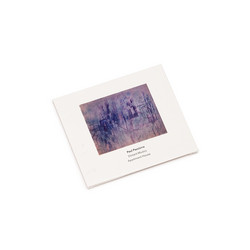How does a composer who spent years immersed in cultural theory and philosophy return to music-making? For Eldritch Priest - known to many through his provocative book Boring Formless Nonsense - the answer involves cultivating a compositional sensibility that appears offhanded while remaining rigorously structured, music that flirts relentlessly with ideas to blur distinctions between trivial regard and focused attention. This release documents three works spanning more than two decades, tracing Priest's evolution from early encounters with Morton Feldman through studies with Linda Catlin Smith and inspiration from Czech composer Rudolf Komorous. The trajectory reveals a composer wrestling with how music itself functions as thinking - a mode where symbolic content remains meaningfully indistinct from what it symbolizes, where feeling and affect become delightfully confused.
dust breeding, the album's centerpiece written specifically for Apartment House, takes chamber music conventions for what Priest calls "a quiet ride across a fragile surface of sound, where pitch, noise, intention, and accident pass playfully through each other's territory." The piece emerged from recording sessions with cellist Anton Lukoszevieze, specifically a passage of harmonic-like sounds activated by lightly touching strings away from nodes - producing effects simultaneously transparent and obscure. Extended to string quartet, these techniques generate music that appears accidental and ramshackle while following precisely notated parameters. Performers never use traditional bowing, instead creating layers of random noise, of dust, that begrimes the vitreous touches of melodic and harmonic content. Chamber music with dirt in its eye.
The earliest work here, dormitive virtue from 2001, reveals Priest deep under Feldman's spell, though not through imitation but through cultivating similar paradoxical situations where music achieves both blithe and thoughtful character. Recorded by the composer himself in his apartment, the solo piano piece drifts with seeming improvisation while remaining fully composed - reflective passages that embody what Priest describes as offhanded precision.
The title track dead-wall reveries represents Priest's most recent direction - strikingly diverse, shifting restlessly between busily melodic passages and slower, reflective sequences. The piece loads itself with notes and lyrical fragments, yet none of them matter hierarchically. Or rather, they matter equally in their shiftlessness and resistance to forming event hierarchies. The casual back-and-forth creates what Priest imagines as something like Carl Stalling's cartoon scores but "much slower...and less Looney Tunes" - or perhaps closer to Sergei Eisenstein's montage techniques, though more promiscuous than dialectical. Music that goes and stays where it always will have been.
Priest's career path - from jazz guitar through experimental composition, a doctorate in cultural theory, years in academia, and return to active composing - informs this work's philosophical stance. His theoretical writings pursue paradox and nonsense as valid reasoning modes, seeing style as legitimate theoretical register. Conversely, his compositions have been characterized as more sensuous than cerebral, though Priest rejects the dichotomy. The logical leaps and rational hiatuses of art-making find their way into his scholarship just as his tendency to play fast and loose with concepts emerges in compositions as aesthetic dalliance.
For years Priest worked to exhaust single musical ideas, tarrying with gestural or textural figures to unpack latent features - an approach indebted to writer George Perec's exhaustive cataloguing of Parisian spaces. Recent work explores how things shift without drama, how thoughts wander topic to topic without announcement. The result cultivates what he calls enigmatical repair - music that musters aloof yet friendly melodic play, straying impassively from moment to moment like daydreaming, achieving something gently lurid and oxymoronic.
Realized by Apartment House and Arraymusic, these three works document a composer whose aesthetic commitments remain radical while avoiding conventional experimentalism's gestures. Music described by Priest as having been told it's sensuous rather than cerebral, though he insists both registers prove equally felt affairs. What emerges across these seventy-five minutes is compositional voice both singular and restless, committed to surfaces that reveal depths only through patient, wandering attention.

